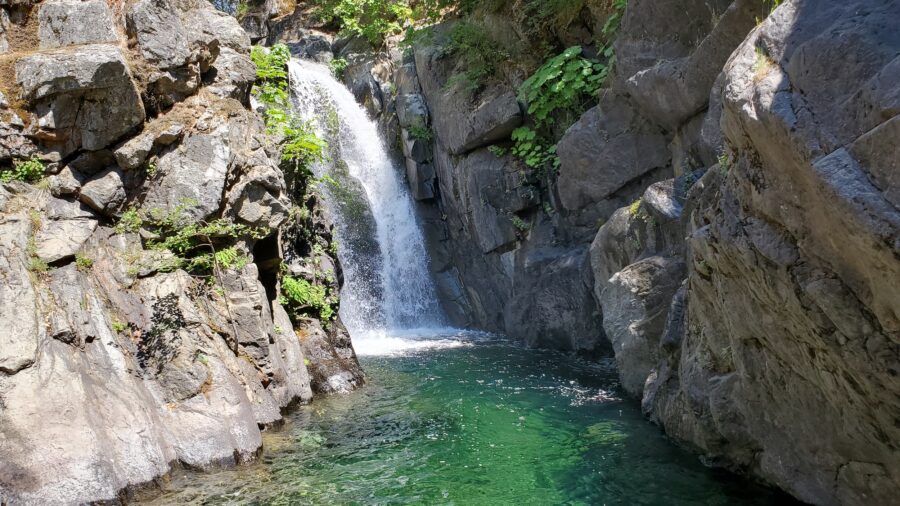With the opening of registration for the last of the two-time losers today, can’t help but notice some of the changes for WS 100 which is less than ten months away.
First, the entry fee has been raised from $295 to $370. Remember we asked on this blog last year what the consequences of a $500 fee would be. We’re getting closer to knowing the answer.
Second, the lottery sign up period has been pushed back by a couple of weeks to November 13 through November 27. When your name is pulled at the Dec 4 lottery, your credit card will be immediately billed. Remember last year that the lottery was too far away from the sign up so no credit card info was retained. Not so this year. Putting your name in the bucket this year is going to be much more committing.
Third, it looks like your qualifying race will also need to be completed before entering the lottery since the qualification period ends on Nov 6. No tire-kickers this year!
I applaud these changes as they should increase the barrier to entry and reduce the number of names in the big electronic GUBrew bucket. Now, if the qualification standards could just be tightened a little bit more. 750 in the lottery pool would be much better for the race and for the runners than the 1687 of last year. While there will still probably be more than 1000 in the bucket, it shouldn’t be a repeat of last year’s lottery. WSER, you done good.
